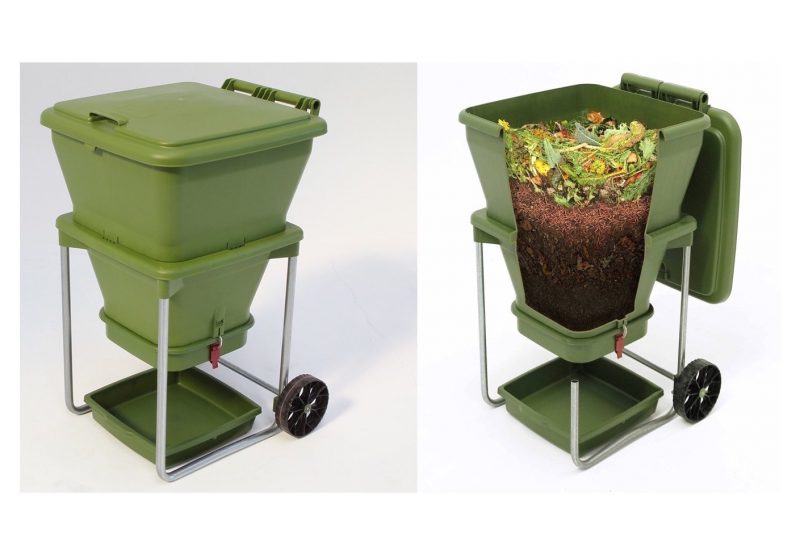
What Goes Around Comes Around
I cannot abide waste on any level, especially food waste! My spring crops are all coming ready now and as a result I am faced with the challenge of who is going to get the off cuts. The chooks can see me in the garden so their anticipation heightens and the din they create makes me inclined to give them the outer lettuce leaves. Then our one cow (Ginger Nut) starts bellowing, reminding me she hasn't had her turn, all the while I have a worm farm that needs feeding. This week at work we have been sieving and bagging worm castings form our extra large worm farm. I'm a bit like a Black Bird standing close by to scoop up the bits that fall off the tray. Worm castings are an amazing by product that we can all benefit from no matter what type of garden we have. Worm castings have 4-5% more nitrogen than regular soil, and the nitrogen produced is released slowly because of the mucus that the worm secrets as they are digesting materials. This means that you can safely add the castings to your pots and garden without the fear of green leafy plants bolting from too much nitrogen. Another interesting fact is that worm castings are PH neutral so this makes them ideal as a tonic for absolutely any type of plant including your house plants. Because of the structure of the castings they hold moisture, so when you mix castings with regular soil there is less chance of the soil drying out. If you have a tree or shrub that is struggling, pack worm castings around the base of the plant and as the dense casting release their nutrients directly to the root base, aiding in the plants recovery.
Have you got a worm farm?
If so, how is it going for you? There are a few basic tricks to running a worm farm and once you master these, you will be amazed at how many castings and how much "worm tea" you can produce for your garden. Worm tea is a liquid produced by Tiger worms, which is also high in Nitrogen and is an effective fungicide and insecticide. Keeping up a supply of fresh kitchen and garden waste to your worm farm is key to its success also ensuring that you don't add protein products or bread related products. Finally ensuring that your farm is moist without being too wet will also encourage the worms to work their patch. Who needs a 'kitchen waste master' when you have a worm farm? We stock the Hungry Bin worm farms as they are built for the New Zealand weather conditions. The worm farm is also deep enough for the worms to fully process the materials. A Hungry Bin worm farm can process up to 2kgs of kitchen waste per day.
Worm farms make a fantastic sustainable Christmas gift.
